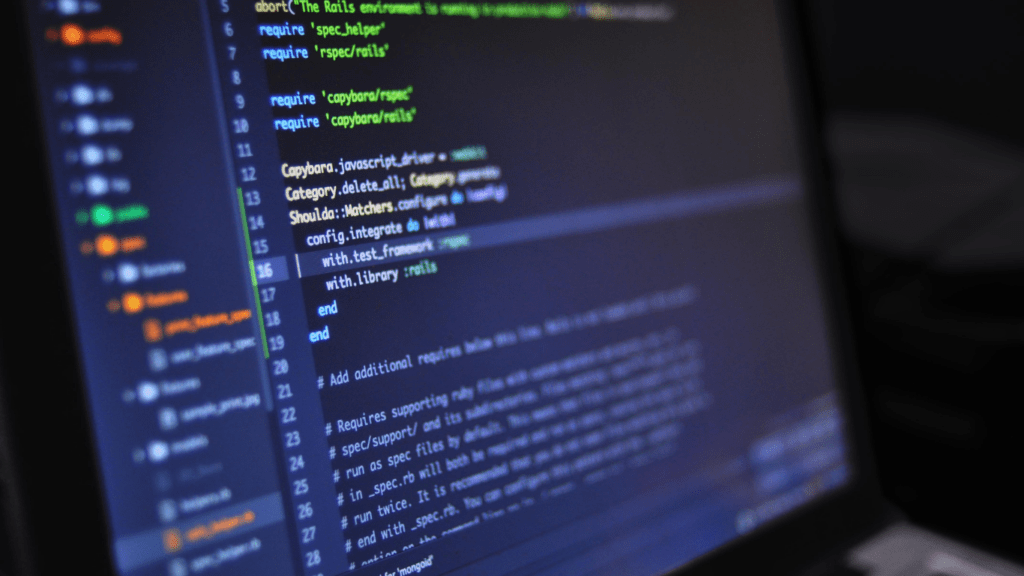Understanding Game Modding
What Is Game Modding?
Game modding refers to altering or adding content to an existing video game.
Modding enables players to create new game assets, modify game rules or introduce new features.
Game modifications can range from minor tweaks to-game mechanics, such as adjusting character stats, to major overhauls, like creating entirely new game worlds.
Popular example mods include Skyrim’s “Enderal” and Grand Theft Auto’s “Liberty City Stories.”
The Rise of Modding Communities
Modding communities have flourished with the advent of digital distribution platforms.
These communities, like:
- Nexus Mods
- Steam Workshop,
provide a collaborative hub for sharing and discussing mods.
Active participation often leads to rapid innovation and frequent updates to mod libraries.
Community-driven projects, such as “Counter-Strike” mod for Half-Life, highlight the industry’s impact and the enthusiasts behind it.
Legal Challenges in Game Modding
Copyright Laws and Modding
Copyright laws play a crucial role in game modding.
Game developers often hold the copyright to their games, including the software and assets. Unauthorized alterations or distributions can lead to infringement claims.
For instance, modders need to obtain explicit permission to use copyrighted materials or adhere to the game’s End User License Agreement (EULA) to avoid legal repercussions.
Many mods, such as :
- custom characters
- levels,
- textures
use existing game assets.
Developers sometimes embrace modding, granting modders’ tools and support through modding kits or dedicated sections within the EULA.
Conversely, developers who see mods as a threat to their intellectual property might issue cease and desist letters, preventing mods’ distribution or development.
Case Studies: Notable Legal Battles
Several notable legal battles have emerged around game modding.
Take-Two Interactive, for example, filed lawsuits against modders creating unauthorized content for Grand Theft Auto V.
The company claimed these mods violated the game’s EULA, leading to significant legal actions.
Blizzard Entertainment’s battles with modders of World of Warcraft highlight another case.
The company has consistently acted against private servers running modified versions of the game, perceiving them as direct threats to their revenue and player base.
Blizzard’s legal actions shut down prominent private server projects, citing infringement of their copyrights and EULA terms.
These cases underscore the legal complexities in game modding, emphasizing the importance of adhering to copyright laws and understanding EULA terms to avoid legal disputes.
Ethical Concerns in Modding
1. Modder Responsibility and Player Impact

Modders have a responsibility to ensure that their creations don’t negatively affect the gaming community.
Harmful mods, such as those containing malware, disrupt player experiences and foster distrust in the community.
Additionally, mods that include offensive or inappropriate content can alienate players and tarnish the reputation of both the game and the modding community.
Modders also need to consider players’ varying hardware capabilities.
High-demand mods can cause performance issues on lower-end systems, leading to frustration among players.
To avoid alienating a significant segment of the player base, modders should strive for compatibility and provide clear guidelines on system requirements.
2. Balancing Creativity and Original Content
While creativity is at the core of modding, it’s essential to respect the original content created by game developers.
Unauthorized use of copyrighted material not only violates legal standards but also raises ethical concerns.
For example, recreating premium content or downloadable content (DLC) as free mods undermines developers’ efforts and revenue models.
However, modders may draw inspiration from existing games without copying them verbatim.
Originality in mod design enhances the gaming experience, adding value without infringing on developers’ intellectual property.
Successful modding projects, such as those transforming game themes or mechanics uniquely, show how balancing creativity with respect for original content can lead to positive recognition and community support.
Anchor phrases like:
- ethical concerns in modding
- modder responsibility
- balancing creativity
help reinforce the section’s primary focus on maintaining integrity within the modding community while respecting the work of original game developers.
Navigating Legal Protections
The Role of End User License Agreements (EULAs)
EULAs serve as legal contracts between game developers and players. These agreements outline the terms under which players can use the game software.
They often include specific conditions about modifying the game.
If modding is allowed, EULAs typically define the scope of permissible modifications.
For instance, many prohibit commercial use of mods. Some EULAs may restrict the alteration of certain game features or content.
Breaking the terms stated in a EULA can lead to legal consequences.
Developers can enforce EULAs to protect their intellectual property. I
n some cases, they might issue cease-and-desist letters to modders who violate these agreements. By understanding the EULA, modders can ensure their work remains within legal boundaries.
Checking the EULA before starting any modding project protects both the modder and the integrity of the original game content.
How Developers Can Support Ethical Modding
Developers have a significant role in promoting ethical practices within the modding community.
Providing clear guidelines for modding helps modders understand what is allowed.
Developers who offer modding tools and resources, such as SDKs (Software Development Kits), create an environment that encourages compliant and innovative mods.
For example, Bethesda’s Creation Kit for their Elder Scrolls series enables modders to create complex mods legally and ethically.
Supporting platforms like Nexus Mods or Steam Workshop fosters a collaborative environment.
These platforms often include moderation to ensure mods meet community standards and developer guidelines.
Recognizing and featuring exemplary mods can also incentivize ethical behavior.
By engaging with the modding community, developers not only ensure legal compliance but also enhance the game’s longevity and player engagement.


 Charlie Bracegirdle seamlessly combines his passion for gaming with his role at Infinity Game Saga, where he is both a dedicated gamer and a prominent content creator. As an integral member of the team, Charlie brings a wealth of experience and a deep understanding of the gaming industry to his work. His articles and content cover a broad spectrum of gaming topics, from detailed reviews and insightful industry analyses to the latest trends and upcoming releases.
Charlie’s unique perspective, shaped by his own extensive gaming experiences, allows him to engage with readers in a meaningful way. His writing not only informs but also entertains, providing a blend of professional insight and personal enthusiasm. Whether he's exploring new game mechanics, dissecting game strategies, or sharing his thoughts on the future of gaming, Charlie's contributions make a significant impact on the Infinity Game Saga community. Through his work, he bridges the gap between gamers and the evolving landscape of the gaming world, enhancing the experience for all who follow his updates and analyses.
Charlie Bracegirdle seamlessly combines his passion for gaming with his role at Infinity Game Saga, where he is both a dedicated gamer and a prominent content creator. As an integral member of the team, Charlie brings a wealth of experience and a deep understanding of the gaming industry to his work. His articles and content cover a broad spectrum of gaming topics, from detailed reviews and insightful industry analyses to the latest trends and upcoming releases.
Charlie’s unique perspective, shaped by his own extensive gaming experiences, allows him to engage with readers in a meaningful way. His writing not only informs but also entertains, providing a blend of professional insight and personal enthusiasm. Whether he's exploring new game mechanics, dissecting game strategies, or sharing his thoughts on the future of gaming, Charlie's contributions make a significant impact on the Infinity Game Saga community. Through his work, he bridges the gap between gamers and the evolving landscape of the gaming world, enhancing the experience for all who follow his updates and analyses.
